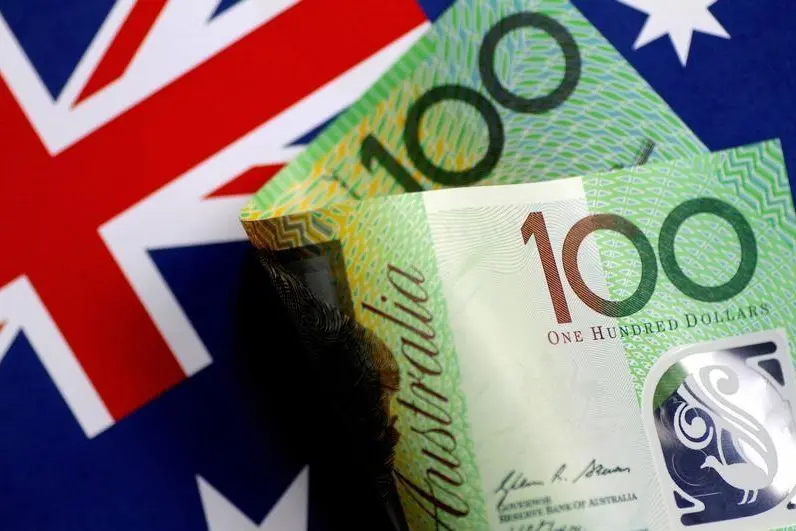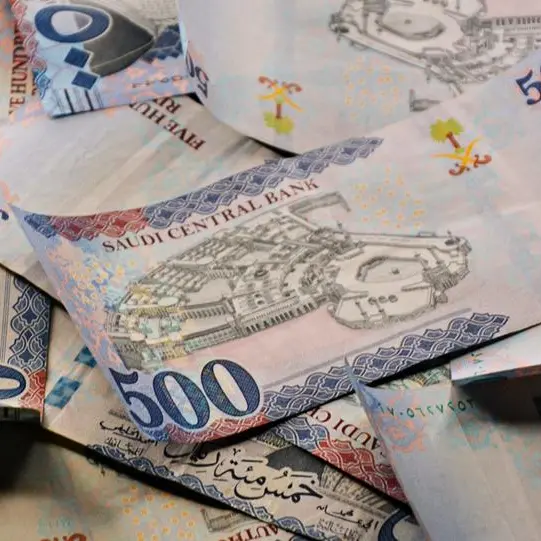PHOTO
SYDNEY/WELLINGTON - The Australian dollar was left lagging on Tuesday as sterling made all the running amid hopes that progress might finally be made on Brexit, lifting the pound to heights last seen in mid-2016.
Sterling climbed as far as A$1.8775 at one stage, a level last seen on the very day the British stunned markets by voting in favour of leaving the European Union. It had slid under A$1.6000 in the weeks following that decision.
This time it jumped as Prime Minister Theresa May won "binding" assurances from the EU on the thorny problem of the Northern Ireland border, which might get her long-stalled leaving deal to pass parliament.
Lawmakers vote on the proposal later on Tuesday, and if that is rejected a vote will be held on Wednesday on whether to leave the EU without any deal. If that fails, parliament will vote on Thursday on whether to extend the Brexit deadline.
"If the Commons accepts the Brexit deal, sterling should appreciate by between 4 and 5 percent against most major currencies," said CBA analyst Joseph Capurso.
A vote to leave without a deal would see the pound dive between 4 and 8 percent, he estimated, though this seemed an unlikely outcome given a majority of MPs were against a hard exit.
A vote to extend the deadline could lift the currency around 2 percent, but leave the final outcome as uncertain as ever.
With sterling hogging the limelight, the Aussie AUD=D3 was little changed on its U.S. counterpart at $0.7070, having edged up from a two-month trough of $0.7003 hit last week.
The New Zealand dollar NZD=D3 was a shade firmer at $0.6837, but faced resistance around $0.6850.
Domestically, a closely-watched measure of Australian business conditions eased in February on falls in profitability and sales, although employment stayed resilient.
The National Australia Bank's NAB.AX index of business conditions slipped 3 points to +4 in February, while business confidence fell 2 points to +2.
NAB recently changed its outlook for interest rates, predicting weakness in housing and employment would lead to two cuts later this year.
The Reserve Bank of Australia (RBA) has, so far, stayed optimistic on the outlook and shown little inclination to ease.
The central bank's deputy governor, Guy Debelle, speaks on the economy and climate change later on Tuesday and is likely to be quizzed on policy.
Investors are wagering heavily on an easing, with futures 0#YIB: fully priced for a quarter-point cut in the 1.5 percent cash rate by September.
Australian government bond futures eased slightly on Tuesday, with the three-year bond contract YTTc1 off 1.5 ticks at 98.375. The 10-year contract YTCc1 dipped 1 tick to 97.9575.
Yields on New Zealand government bonds were up around 1 basis point.
(Editing by Jacqueline Wong) ((Wayne.Cole@thomsonreuters.com; 612 9321 8162; Reuters Messaging: wayne.cole.thomsonreuters.com@reuters.net))





















